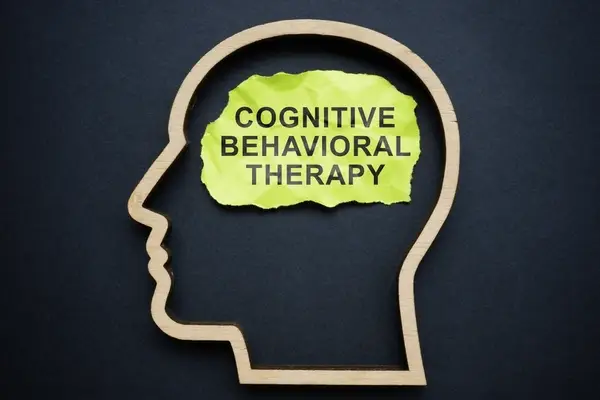In the rapidly globalizing business world, multinational organizations face the challenge of managing a culturally diverse workforce. Cross-cultural psychology offers valuable insights into understanding and navigating the complexities arising from cultural diversity. This emerging field examines how cultural influences shape human behavior, perceptions, and interactions. Despite the universality of certain psychological processes, cultural factors can introduce significant variations in behavior and attitudes among individuals from different backgrounds.
The role of cross-cultural psychology in managing cross-cultural conflicts within multinational organizations is pivotal. It assists Human Resource Management (HRM) by identifying the underlying causes of conflicts, recognizing cultural biases, and suggesting effective strategies for resolution. By studying the interplay between culture and behavior, cross-cultural psychology helps organizations to foster better communication, enhance cultural competence, and develop tailored interventions to address and mitigate conflicts.
This blog post explores the significance of cross-cultural psychology in the context of multinational organizations, outlining its goals, methodologies, and the importance of avoiding research biases. It emphasizes the need for systematic study and careful application of psychological theories to understand and manage cultural differences effectively. Through insightful research and practical applications, cross-cultural psychology can facilitate more harmonious and productive multicultural workplaces.














